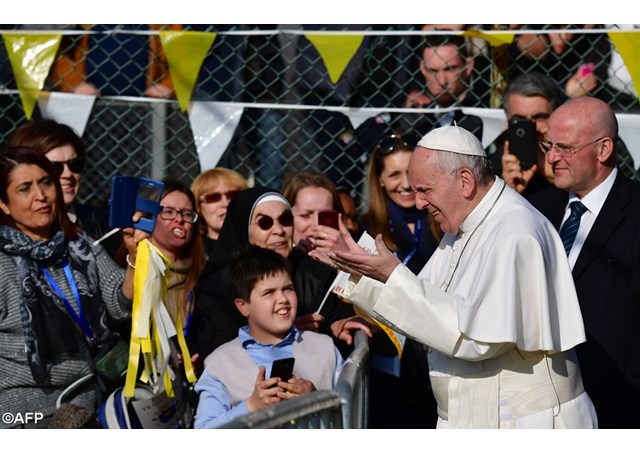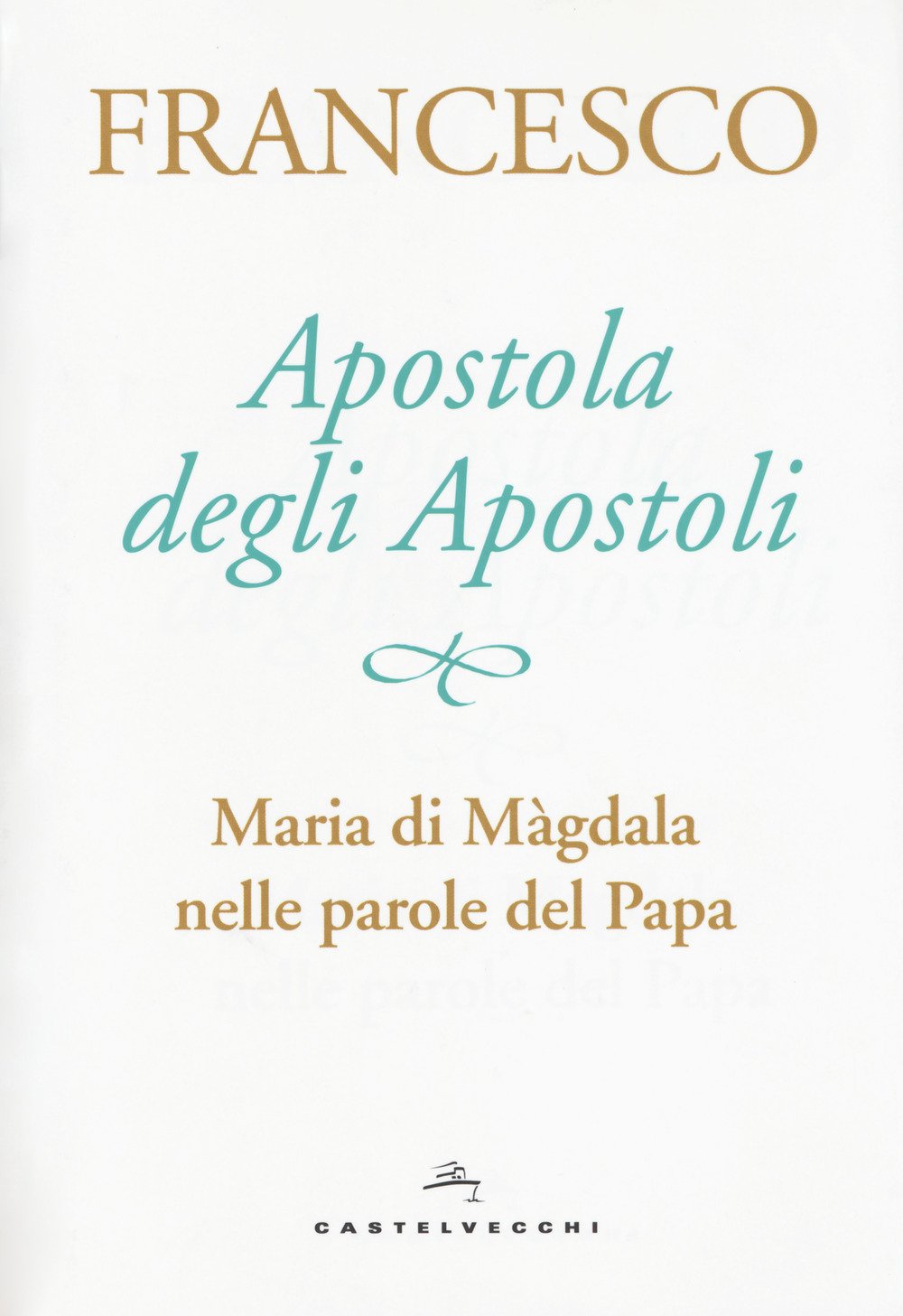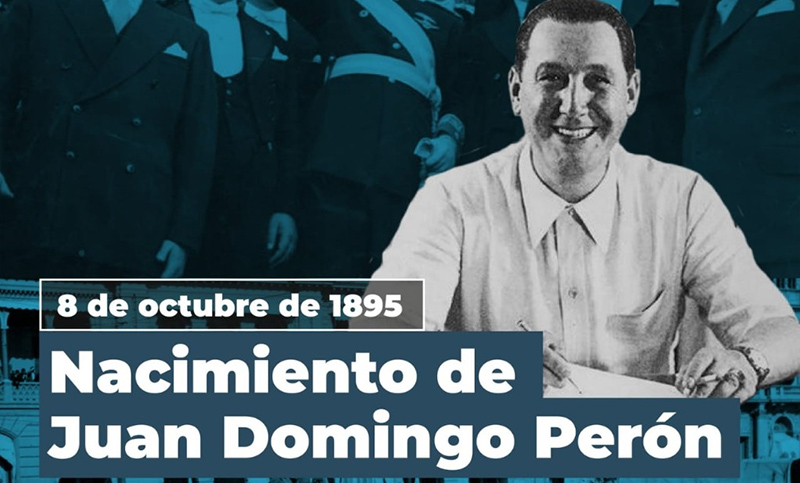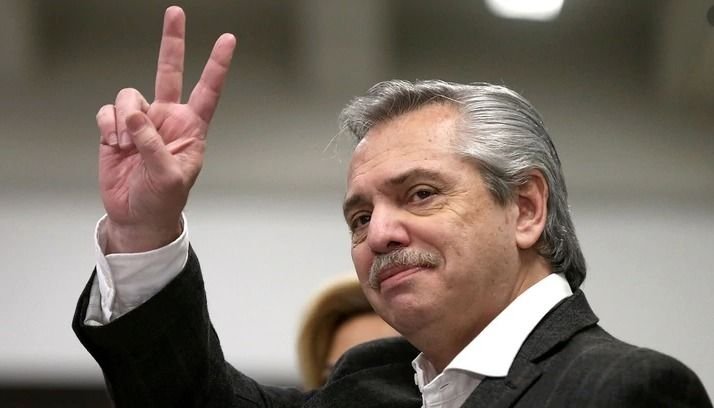|
|
General: PAPA FRANCESCO PARLA DI MARIA MADDALENA
Elegir otro panel de mensajes |
|
|
 “Maria Maddalena, l’apostola degli apostoli, che al mattino di Pasqua, dopo aver incontrato Gesù Risorto, lo annuncia agli altri discepoli. Lei cercava Gesù morto e lo trova vivo”. Questa l’icona che Papa Francesco ha proposto oggi ai religiosi resurrezionisti, un istituto nato in Polonia con la missione di servire gli emigrati polacchi in Francia. La Maddalena e gli apostoli “sono in uscita, sanno rischiare”, ha ricordato il Papa esortando i religiosi “in un mondo lacerato e aggressivo”, a sentirsi “liberati per liberare, generati a vita nuova per generare vita nuova in tutti coloro che incontriamo sul nostro cammino, i fratelli che ci sono stati dati non quelli che scegliamo, rifiutando l’autoreferenzialità che conduce alla morte”. Al contrario bisogna, ha spiegato Francesco, “fare memoria grata del passato, vivere il presente con passione, abbracciare il futuro con speranza, una speranza affidabile come ha detto Benedetto XVI”. “Una memoria grata – ha concluso – non archeologia, perchè il carisma e’ sempre una sorgente di acqua viva, non una bottiglia di acqua distillata. Passione per mantenere sempre vivo e giovane il primo amore, che è Gesù. Speranza, sapendo che Gesù è con noi e guida i nostri passi come ha guidato i passi dei nostri fondatori”.
https://www.farodiroma.it/francesco-indica-la-maddalena-icona-della-chiesa-uscita/ |
|
|
|
|
2017-03-12 13:11:00
Pope Francis visits Rome's S.ta Maddalena di Canossa parish

(Vatican Radio) Pope Francis visited the Roman parish of St. Magdalene of Canossa on Sunday afternoon.
The schedule released by the Vatican ahead of the visit included time with the children and young adolescents of the parish in their sports field, a meeting in the parish theatre with parents and newborns baptized during the course of the past year, a visit with the elderly and sick of the parish in the parish hall, and an encounter with parishioners active in faith formation and pastoral outreach, time for the Sacrament of Penance, and Mass in the parish church.
St. Magdalene of Canossa was born into a prominent Veronese family in the middle of the second half of the 18th century. She used her family’s considerable wealth to serve and advocate on behalf of the poor of her city, eventually founding the Congregation of the Daughters of Charity, Servants of the Poor.
Click below to hear our report
|
|
|
|
|
Pope points to Mary Magdalene as an apostle of hope
 Pope Francis during his May 10, 2017 Wednesday general audience. | Elise Harris/CNA. Pope Francis during his May 10, 2017 Wednesday general audience. | Elise Harris/CNA.
Vatican City, May 17, 2017 / 02:36 am
By calling Mary Magdalene by name after his resurrection, Jesus shows us just how personal his relationship with mankind is, Pope Francis said Wednesday, adding that after this intimate encounter, Mary then becomes an apostle of hope for the world, announcing the Lord's rising.
"Mary: the revolution of her life, the revolution destined to transform the existence of every man and woman, begins with a name that echoes in the garden of the empty tomb," the Pope said May 17.
"How beautiful to think that the first appearance of the Risen One took place in such a personal way! That there is someone who knows us, who sees our suffering and delusion, who is moved by us, and who call us by name," he said.
After finally realizing who is speaking to her, Mary would like to run and embrace Jesus, but "he is by now oriented to the heavenly Father, while she is invited to bring the announcement to her brothers."
"So that woman, who is the first to encounter Jesus...now has become an apostle of the new and greatest hope," he said.
Pope Francis spoke to pilgrims present in St. Peter's Square for his weekly general audience. He continued his catechesis on the virtue of Christian hope, focusing on the figure of Mary Magdalene at the tomb.
Mary was the first to arrive at the tomb, he said, noting that she is "one of the disciples who accompanied Jesus from Galilee, putting herself at the service of the early Church."
The Gospel, he said, describes Mary as "a woman of easy enthusiasm," who after seeing the empty tomb runs back to the apostles disappointed by what she saw.
Her first hypothesis that Jesus' body had been taken was "the simplest she could formulate," Francis said, explaining that her first announcement "is not that of the Resurrection, but of an unknown theft, perpetrated while all of Jerusalem slept."
Then, when she returned to the tomb a second time, her steps are "slow and heavy," as she is now suffering not only from the death of Jesus, but also because of the inexplicable disappearance of his body.
However, while she is bent over his grave in tears, "God surprises her in the most unexpected way," the Pope said, noting how the Gospel underlines "how persistent her blindness is," since she not only didn't notice the presence of two angels questioning her, but neither does she recognize Jesus, mistaking him for the gardener.
"Instead, she discovers the most shocking event in human history when finally he calls her by name," Pope Francis said, adding that this personal interest in humanity is something "that we find carved in many pages of the Gospel."
"Around Jesus there are many people who look for God; but the most marvelous reality is that, long before, there is above all God who is concerned about our lives, who wants to uplift, and to do this calls us by name, recognizing the personal face of each person," he said.
The Pope stressed that every person has a story of love that God writes for them on earth, calling each one by name.
"He knows us by name, he watches over us, he waits for us, he forgives us, he is patient with us. True or not true?" Francis said, saying "each one of us has this experience."
Pointing to the joy Mary felt after discovering Jesus had indeed risen from the dead, the Pope said it's a happiness that isn't given in small drops, but is rather "a waterfall" that envelops our entire lives.
"The Christian existence is not woven on fluffy happiness, but on waves that engulf everyone," he said, and encouraged the crowd to place themselves in the Gospel scene, "with the bags of disappointments and defeats that each one carries in their heart."
In that instant, he said, "there is a God close to us who calls us by name and says: 'Rise, cease your tears, because I have come to free you!'"
Jesus, he said, is not someone who adapts to the world, tolerating the death, sadness, hatred and the moral destruction of people. Rather, "our God is not inert, but dreams of the transformation of the world, and he realized it in the mystery of the Resurrection," he said.
Turning to Mary Magdalene, Francis said her example is one of hope, and that her intercession helps us to live the experience of the Resurrection, because "at the time of tears and abandonment, she hears the Risen Jesus who calls us by name, and with a heart full of joy goes to announce: I have seen the Lord!"
This isn't the first time the Pope has drawn attention to the importance of Mary Magdalene. Just last year, in June 2016, Francis signed a decree bumping the liturgical celebration honoring the Saint from a memorial to a feast, putting her on par with the apostles.
On the Church's liturgical calendar, saints are honored with a "memorial," a "feast," or a "solemnity." Solemnities rank the highest, with feasts coming in second and memorials in third.
While there are 15 other memorials on Mary Magdalene's July 22 feast, hers was the only obligatory one to celebrate. After being elevated to the level of a feast, the celebration bears a more significant weight.
|
|
|
|
|
UN demands Vatican compensate Magdalene laundry victims
Pope Francis must launch an investigation into decades of abuse of girls and young women at Magdalene laundries, the United Nations has demanded.

WED, 05 FEB, 2014 - 17:35
Pope Francis must launch an investigation into decades of abuse of girls and young women at Magdalene laundries, the United Nations has demanded.
It has also called for religious orders involved or the Vatican itself to pay compensation to survivors and families of victims of the notorious Catholic-run workhouses.
In a scathing attack on the Catholic Church’s attitude to widescale sex abuse and torture meted out by its own priests and nuns, the UN human rights committee has also urged the Holy See to open its files on paedophiles and bishops who concealed their crimes.
Referring specifically to the Magdalene laundries scandal – recalled most recently in the Oscar-nominated film 'Philomena' – the Vatican is accused of taking no action to investigate the abuse.
Nor did church authorities compel nuns who ran the workhouses to cooperate with police inquiries into those who organised and knowingly profited from unpaid work by girls incarcerated in the laundries, it said.
The UN Committee on the Rights of the Child (CRC) said it was particularly concerned that:
* Girls placed in the institutions were forced to work in slavery-like conditions and were often subject to inhuman, cruel and degrading treatment as well as to physical and sexual abuse;
* They were deprived of their identity, of education and often of food and essential medicines and were imposed with an obligation of silence and prohibited from having any contact with the outside world;
* And unmarried girls who gave birth before entering or while incarcerated in the laundries had their babies forcibly removed from them.
The laundries – institutions for single mothers detained through the courts or often moved in by their family or clergy for being sexually active – were run by four Catholic religious orders: The Sisters of Mercy, The Sisters of Our Lady of Charity, The Sisters of Charity, and The Good Shepherd Sisters.
The last laundry, at Sean McDermott Street in Dublin, closed in 1996.
It is not the first time they have been highlighted by the UN. In 2011, the UN Committee Against Torture said it was gravely concerned by the failure of the Irish State to “protect girls and women who were involuntarily confined between 1922 and 1996 in the Magdalene Laundries”.
Since then, the Government has set up a State compensation scheme for survivors.
Several hundred women who have applied to the redress fund are to be paid tax-free sums, ranging from €11,500 to €100,000.
But the Magdalene Survivors Together group, which represents survivors in Ireland and the UK, has criticised religious orders for not contributing to the compensation.
The UN said the Catholic orders which ran the workhouses came under the authority of the Pope, who should launch an internal investigation into religious personnel working in the laundries and ensure those responsible are reported to authorities for prosecution.
The watchdog also called for full compensation to be paid to the victims and their families either through the congregations themselves or through the Holy See “as supreme power of the Church and legally responsible for its subordinates”.
The UN committee demanded the Catholic church takes responsibility for the physical and psychological recovery of survivors.
Campaigners Justice For Magdalenes said the report points out that the Catholic church refused to accept unanimous survivor testimony that they were imprisoned and subjected to forced labour, torture as well as other cruel, inhuman or degrading treatment.
“None of the orders have offered an apology to Magdalene survivors, nor have they contributed to the compensation fund,” the group said in a statement.
“The Catholic church has not made any attempt to instigate an internal investigation into Magdalene abuse, nor has it held anyone accountable for what happened.
The UN watchdog has also accused the Vatican of systematically adopting policies that allowed priests to rape and molest tens of thousands of children worldwide over decades.
The findings were published after the Holy See was hauled before a day-long interrogation last month on its implementation of the UN Convention on the Rights of the Child.
The UN blasted what it branded a “code of silence” used to keep victims quiet and attacked the Vatican for putting the reputation of the church and alleged offenders over the protection of children.
“The committee is gravely concerned that the Holy See has not acknowledged the extent of the crimes committed, has not taken the necessary measures to address cases of child sexual abuse and to protect children, and has adopted policies and practices which have led to the continuation of the abuse by, and the impunity of, the perpetrators,” it said.
|
|
|
 Primer Primer
 Anterior
7 a 21 de 21
Siguiente Anterior
7 a 21 de 21
Siguiente
 Último
Último

|
|
| |
|
|
©2024 - Gabitos - Todos los derechos reservados | |
|
|











:quality(80)/cloudfront-us-east-1.images.arcpublishing.com/lanacionar/MNMX4JEFNFBYXDLGSUOZAQULUA.PNG)






:quality(80)/cloudfront-us-east-1.images.arcpublishing.com/lanacionar/JP5CFLEATZG5XL4KHNIJR2PNBY.jpg)












